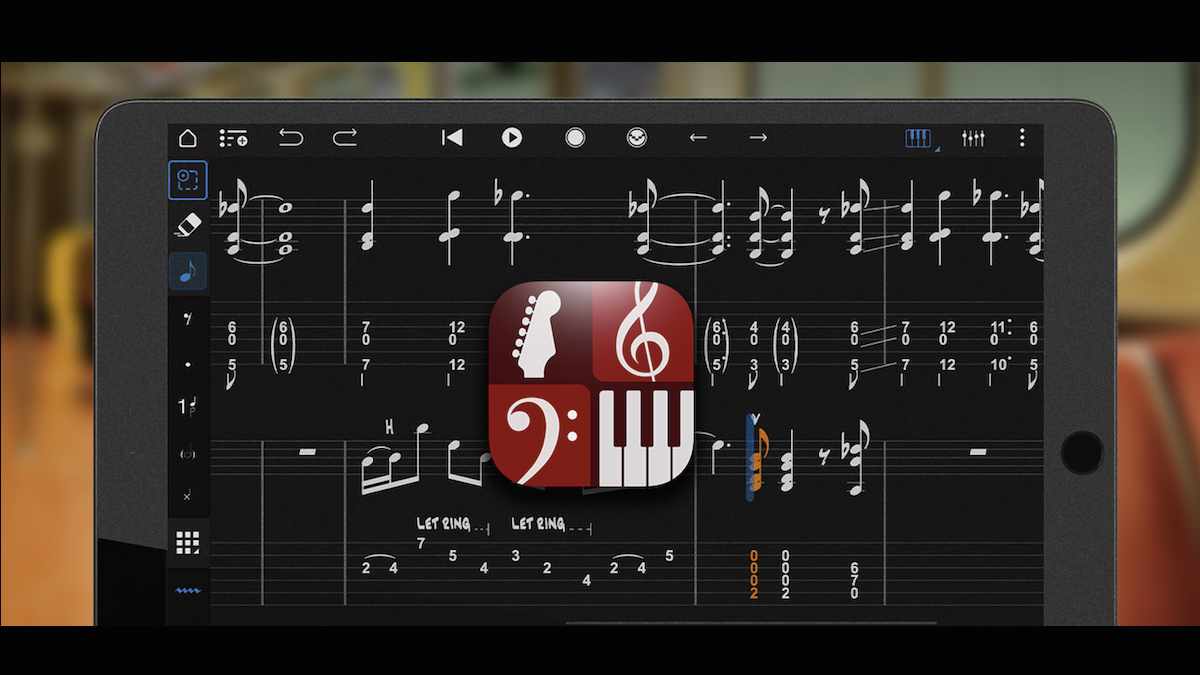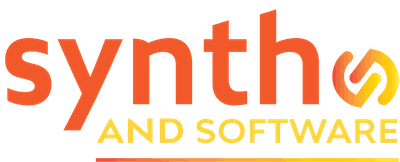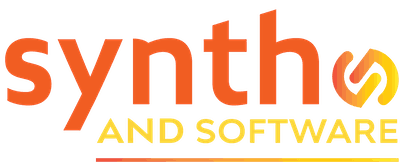In This Issue
PreSonus Notion Mobile 3 – the Synth and Software Review

Free notation (and sounds) on all your computers and computer devices (phones, tablets…)
Notion, the popular and solid notation program, became a product of PreSonus in 2013, who have been improving it since. They’ve now introduced Notion Mobile 3 to make available to a wider audience. It’s available on a very wide array of mobile devices and platforms, and it makes music composition and notation available pretty much anywhere, anytime.
PreSonus describes Notion Mobile as a “music composition tool,” implying that it goes beyond just creating music notation. Not only does it let us create printed music, it includes a selection of software instruments so you can sit down and write music, hear it, and edit until you’re happy with the results.
A musician who owns large sampled orchestral sample libraries probably won’t use Notion’s own instruments in the final version of a production. That’s not a knock – they’re great for their intended purpose: writing music. And some of them are actually quite solid, most having been recorded by the London Symphony Orchestra. Still, Notion Mobile is primarily a tool to get music notation on paper or screen, and that’s where it shines.
Notion Mobile is a local app, not an online tool, and it’s available on seemingly every platform, including Android, Chrome OS, Fire OS, Windows, macOS, and iOS. Because the base version of the app is free, you can install it on any device you have available.

Basic v. The basic version is plenty powerful, and I was immediately able to start getting notes on the staff. This version offers unlimited staves (not all notation apps do), and also guitar tablature.
I’m primarily a keyboard player and a notoriously weak guitarist, and am frankly thrilled with the ability to share musical ideas with my guitarist brethren and sistren this quickly and easily. Specify you want to write for guitar and the app not only shows a treble clef, but also tablature corresponding to the notes you’ve placed on the staff.
I’ll be using this extensively in the studio to help communicate more effectively with guitarists. One other thing I really like about the tablature is the ability to designate tabs for less common guitars – 7 or 8-string guitars, for instance – which is very handy for working with metal and/or prog rock bands.
Entering notes your way. We all work differently. In the past I’ve found it faster to enter notes from a MIDI keyboard than to place them manually on staves. And Notion Mobile does have a virtual keyboard, fretboard, and drum pad on your mobile device for quick note entry.
But Notion Mobile is a notation program. It did take me a little while to get used to the way notes are put on the staff manually, but once I got the hang of it I was able to move more quickly.
When I was a young piano student learning to sight read, my brain understood the relationship between the notes on the staff and the keys under my fingers. But as an adult who’s just listening for chords and lead lines, I’ve kind of lost that sheet music-to-keys connection. Working with Notion Mobile is re-establishing it, and I’m sure it will improve my communication of musical ideas to studio clients.
My knowledge of score formats is also rusty, so the app’s templates very welcome: piano only, lead sheet, SATB vocal arrangement, string quartets, and so on. It would take way longer to set all this up manually.
Upgrade. Notion Mobile’s paid upgrade ($14.99) adds a very helpful feature: the ability to transfer projects wirelessly between devices on the same network. You can also synchronize scores in the cloud when multiple writers are working on a project – something that would have been considered impossible not many years ago.
The upgrade lets you hand write on the score, which will be very welcome to folks who have traditionally worked this way with paper and pen. $14.99 adds quite an array of additional virtual instruments, along with advanced audio export options. I like working on my various devices in dark mode whenever possible, and this is one of several modifications that can be made to the graphical user interface.
More. Notion Mobile offers pretty much every imaginable musical symbol, including all the clefs and time signatures, dynamics, tempo, chord symbols, tuplets, alternate articulations, key signatures, and on and on.
Any text needed to represent the composer’s wishes can be entered as well. The app includes a chord library, and the ability to represent chord symbols on a score is something I will use frequently going forward, particularly when creating lead sheets.
PreSonus managed to overcome a potential shortcoming of working on small mobile devices, namely the small display, by making it easy to scroll around and zoom in and out, and to navigate right where you want to be.
MIDI files can be imported, and as you’d expect, files from the computer version of Notion are easily imported and synchronized through the cloud. I’m a Presonus Studio One user, and it’s an absolute breeze to get MIDI data out of the DAW right into Notion Mobile.
The studio engineer/mixer in me was happy with the app’s built-in mixer, which actually features reverb sends and other effects like distortion. While it’s unlikely I’ll ever create a piece of music and see it all the way through to the mixing stage within this app, I love its ability to make pretty refined demos. This is powerful.
Mobility strength. The mobile version of Notion has what I consider the important features of the larger computer version, adding the ability to go anywhere and keep multiple participants synchronized and updated. Fellow musicians who have wrestled with DAWs on laptops on a plane can work on a tablet or phone with headphones. It’s nice to be able to easily shift from one device to another as work on a project continues.
The basic app is free, so the price is right, and the one-time upgrade is a no-brainer at $14.99. If you subscribe to PreSonus Studio One +, the upgrade is automatically yours at no extra charge. Well done, PreSonus – this truly is a great app.
Price: free, $14.99 upgrade described above





















